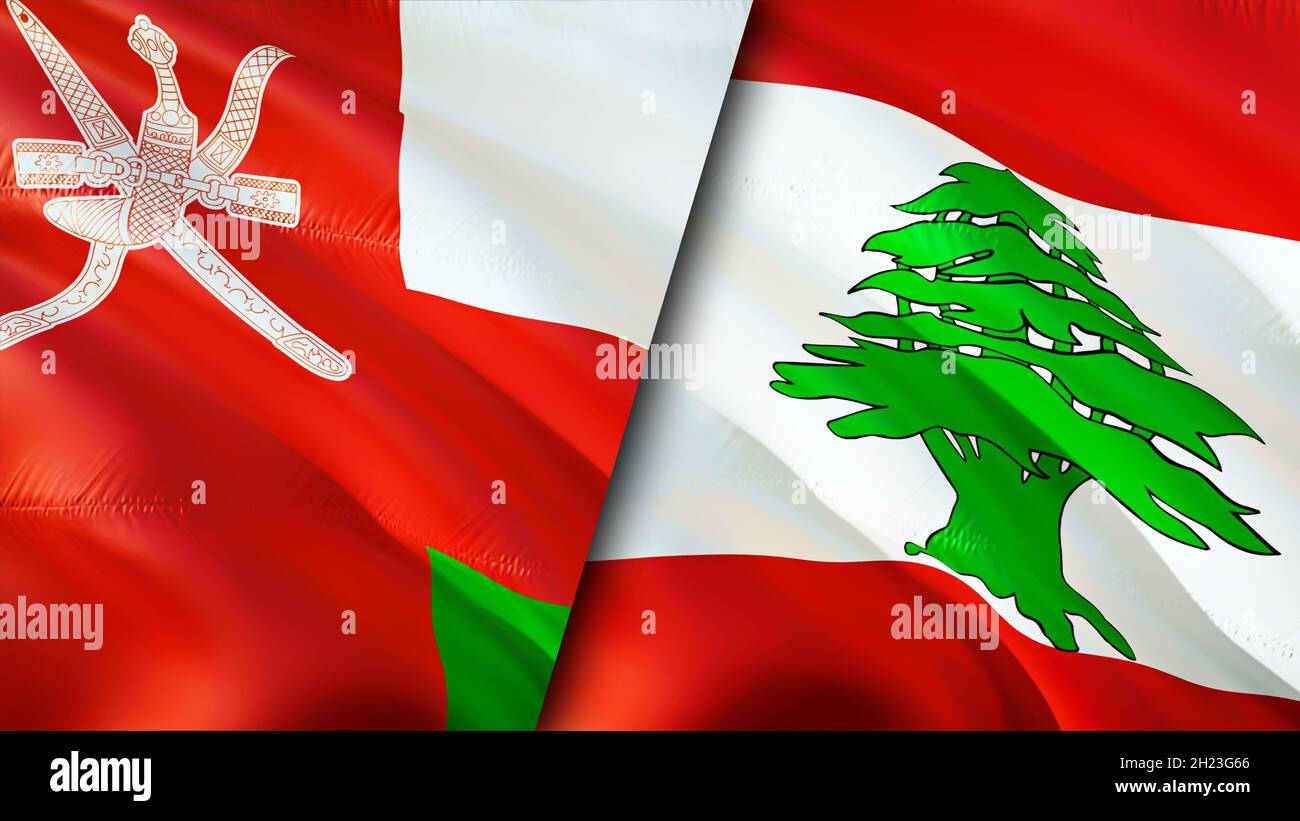
The meeting highlighted the potential for collaboration in several key sectors, including trade, industry, and infrastructure. Both sides expressed a desire to expand bilateral trade volume and attract new investments in a range of industries, with a special emphasis on fostering innovation and technology exchanges.
This push for greater economic engagement comes as both nations look to recover and grow in the post-pandemic global economy. While Oman has been actively working to diversify its economy, reducing its reliance on oil revenues, Lebanon is striving to rebuild and stabilise its economy following years of political turmoil and financial challenges.
Oman’s diverse economic initiatives, such as those in renewable energy and tourism, were identified as strategic areas for joint ventures and investment opportunities. In particular, Oman's efforts to attract foreign direct investment were noted as aligning well with Lebanon’s needs for capital and expertise in key sectors.
Dr. Bisat's participation in the talks underscores Lebanon’s intent to improve its economic standing through increased international cooperation. The Lebanese economy, which has been severely affected by internal crises and a decline in financial stability, sees enhanced ties with Oman as a crucial step towards recovery. Minister Bisat stressed the importance of strong diplomatic and economic relationships for Lebanon’s future prosperity.
In the video conference, Oman outlined its recent initiatives to modernise its industrial base and attract international firms to set up operations within the country. With the creation of a more business-friendly environment, Oman is positioning itself as an attractive destination for investments from across the Middle East and beyond. The Sultanate’s commitment to sustainability and innovation, particularly in sectors like green energy and high-tech manufacturing, was highlighted as a key area of interest for Lebanon’s private sector.
Both ministers also discussed the potential for collaboration on infrastructure projects, which are essential for both nations in the context of growth and development. Lebanon’s infrastructural needs are vast, ranging from energy production and water management to transport networks and telecommunications. Omani firms, with their expertise in large-scale construction and project management, could play a pivotal role in meeting these demands.
While no specific agreements were finalised during the call, the tone of the discussions indicated that both parties were keen to move forward with tangible steps towards stronger trade relations. The focus on innovation and technological advancement could also lead to deeper cooperation between the two countries in the digital economy, an area that is becoming increasingly important in the global market.
As the talks progress, the private sectors of both nations are expected to play a critical role in realising the potential of these agreements. Business leaders and industry experts from Oman and Lebanon are likely to collaborate on creating detailed action plans and exploring joint ventures that can offer long-term benefits for both economies.
Topics
Oman
